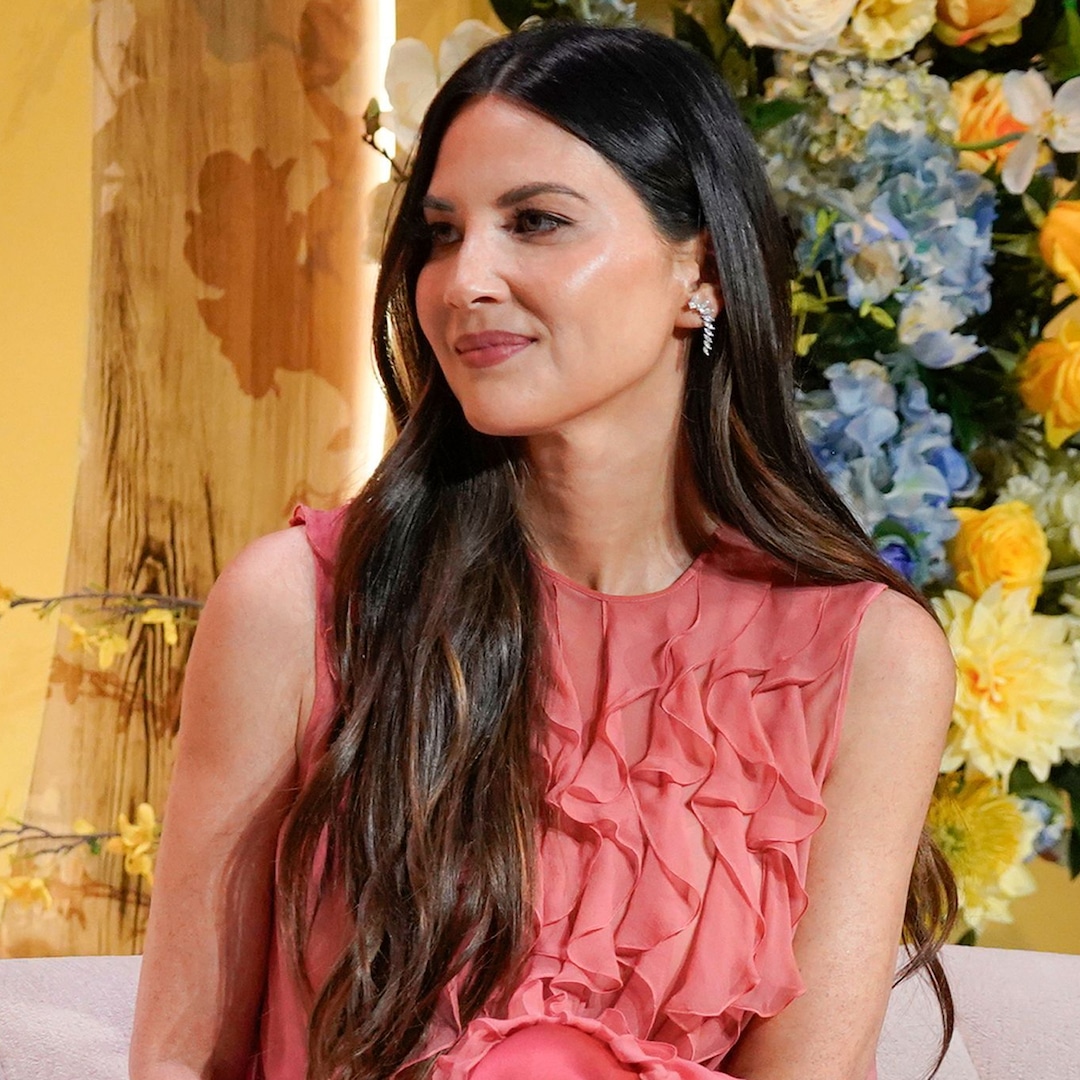Olivia Munn Reveals Shocking Therapist Advice: Stay in a Toxic Relationship?
In a recent candid interview, actress Olivia Munn shared an unexpected and somewhat controversial piece of advice she received from a therapist: to stay in a toxic relationship. This revelation has sparked widespread discussion about mental health practices, the role of therapists in navigating personal relationships, and the complexities that often accompany love and companionship. While the idea of remaining in a toxic relationship may seem counterintuitive to many, Munn’s experience opens the door to a deeper understanding of the dynamics involved in personal relationships and the varying perspectives that professionals can hold.
The Context of Munn’s Experience
Olivia Munn, known for her roles in films and television shows such as “The Newsroom” and “X-Men: Apocalypse,” has always been open about her struggles with mental health and relationships. In the interview, she recounted a challenging period in her life when she found herself in a relationship that was not serving her well. It was during this tumultuous time that she sought the guidance of a therapist, hoping to gain clarity on her situation.
To her surprise, the therapist suggested that she consider staying in the relationship, citing potential benefits that could arise from working through the difficulties. This advice left Munn feeling conflicted and prompted her to reassess both her therapist’s perspective and her own views on healthy relationships.
Understanding Toxic Relationships
A toxic relationship is characterized by behaviors that are harmful to one or both partners. These can include manipulation, control, emotional abuse, and a lack of mutual respect. Recognizing the signs of a toxic relationship is crucial:
- Constant Criticism: Regularly belittling each other or undermining self-esteem.
- Lack of Support: Not being there for one another during tough times.
- Manipulation: Using guilt or pressure to control a partner’s actions.
- Isolation: Preventing a partner from seeing friends or family.
- Disrespect: Ignoring personal boundaries and feelings.
When someone is in a toxic relationship, the immediate instinct for many is to escape, to seek freedom from the pain and distress. However, Munn’s therapist suggested an alternative approach: staying and navigating the challenges together. This perspective raises important questions about the role of therapists and the advice they provide.
The Role of Therapy in Relationships
Therapy often serves as a safe space for individuals to explore their thoughts and feelings. A therapist’s role is not to dictate what a person should do but rather to help them understand their options and the potential consequences of each choice. In Munn’s case, the therapist might have believed that staying in the relationship could lead to personal growth or a deeper understanding of oneself and the partner.
However, this approach can be risky. Here are a few considerations when it comes to therapy and relationships:
- Personal Growth vs. Harm: While some individuals may indeed grow from difficult experiences, others may suffer lasting emotional damage.
- Context Matters: Every relationship is unique. What works for one couple may not be suitable for another.
- Empowerment: Therapy should ultimately empower individuals to make informed decisions that prioritize their well-being.
The Importance of Boundaries
One of the critical lessons that arise from Munn’s experience is the necessity of setting healthy boundaries within relationships. Establishing boundaries is essential for emotional safety and personal autonomy. When boundaries are respected, both partners can thrive; when they’re disregarded, the relationship can quickly become toxic.
Some strategies for setting boundaries include:
- Communicate Openly: Express your needs and feelings clearly to your partner.
- Be Firm: Stand by your boundaries even if it causes discomfort in the short term.
- Seek Support: Engage friends, family, or a therapist to reinforce your boundaries.
Exploring Alternative Perspectives
Munn’s situation is not unique. Many people find themselves grappling with similar dilemmas regarding their relationships. Some argue that staying in a relationship, even a toxic one, can sometimes lead to breakthroughs and deeper understanding. Others firmly believe that one should never tolerate toxicity in any form. This divergence in opinions illustrates the complexity of human relationships.
It’s also important to acknowledge that not all advice from therapists is suitable for every individual. Each person has different experiences, backgrounds, and resilience levels, which should be taken into account when considering a therapist’s recommendations.
Conclusion: Reassessing Relationship Choices
Olivia Munn’s revelation that a therapist advised her to stay in a toxic relationship has opened up a necessary conversation about the nuances of mental health and relationship counseling. While some may find value in navigating challenges together, it’s vital to prioritize one’s emotional health and well-being above all else.
Ultimately, the decision to stay or leave a relationship lies with the individual, and it should be made with careful consideration of personal boundaries, emotional health, and the potential for growth. Whether one seeks to heal a relationship or move on, the journey should always lead toward a healthier and more fulfilling life.
As we reflect on Munn’s experience, it serves as a poignant reminder that love can be complex, and navigating relationships often requires a blend of self-awareness, professional guidance, and, most importantly, a commitment to personal well-being.
See more The Buzz Live

